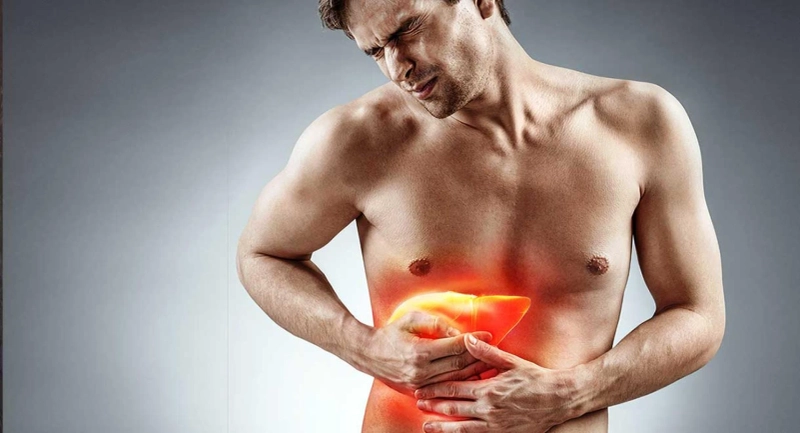Cirrhosis refers to a condition where scar tissue slowly takes over healthy cells in the liver. Over time, this may cause liver dysfunctional issues.
Cirrhosis is a progressive illness that is a chronic illness that occurs over time. As scar tissue grows it may affect the flow of blood through the liver, which can lead to liver problems.
If you are looking for Gastroenterologist in Mumbai, then Dr. Vedant karvir is one of the best Gastroenterologist in Mumbai as he has performed more than 15,000 Gastroscopies and over 3,000 Colonoscopies.
Various factors can cause the liver to be damaged and cause cirrhosis :
Viral infectionsAlcohol consumptionThe toxins in the environment, as well as medicinesSome autoimmune disordersMetabolic syndrome, which includes obesity, which causes general inflammation.Genetic and hereditary disordersThis article examines the reasons why cirrhosis occurs and how you can recognize it, in addition to the treatment options, complications and outlook.
Symptoms
When cirrhosis is first diagnosed There are usually no signs. As scar tissue builds up and the liver is weakened, it hinders its ability to function as it should.
One could be aware of:
FatigueNauseaLoss of appetiteLoss of weight and muscle massPatches of red, small blood vessels that are located on the upper trunk as well as on hand palms.When the illness progresses patients may suffer from:
Swelling in the legs as well as the abdomen because of the buildup of fluidAn enlarged of the spleenInfectionsConfusionJaundice, in which the eyes' whites become yellow.Urine that is dark-coloredTarry stoolsItchingInternal bleedingLow Sex DriveIn time, fibrous scar tissue replaces healthy liver tissue. Regenerative nodules can also develop. They are lumps that form when the liver attempts to heal the injury.
Treatment:
If diagnosed early and treatment of the causes or complications can help limit damages to the liver and its complications.
Lifestyle shifts
If someone has the diagnosis of cirrhosis they should take steps to safeguard their liver. For instance, Trusted Source, as indicated by:
Avoiding raw or undercooked food items and shellfish, as they increases the chance of developing an infection
Beware of drinking alcohol
The liver is a major organ of the body. A physician may recommend not drinking alcohol. In some instances they may suggest the use of a specific treatment program specifically designed for those suffering from alcohol dependence.Hepatitis B (also known as C A physician will prescribe antiviral drugs.Non-alcoholic-related fatty liver disease (NAFLD): Lifestyle changes, such as a change in diet, may help manage NAFLD.Treatment for symptoms:
The patient may also require treatment for the symptoms of cirrhosis. For instance:
Portal hypertension: Medication may lower blood pressure and reduce hypertension within the portal vein which provides the liver with blood.Esophageal varices: Blood vessels swelling can rupture and cause bleeding to show up in stool or vomit. The situation requires urgent medical intervention. There are a variety of strategies to stop the bleeding.Infections: Antibiotics are a treatment for bacteria-related infections.Hepatic Encephalopathy: Medicines can aid in managing the high levels of toxin in blood.Screening
A doctor might also recommend screening for liver cancer because the risk is greater in those suffering from cirrhosis. Patients with cirrhosis might require regular blood tests as well as scans that show images.
Transplantation of the liver
A large-scale scarring pattern can be irreparable. In such cases there is a possibility that the patient requires an organ transplant. It may take a while to locate an appropriate donor, and it is usually an option last option.
Diagnosis
It is rare for symptoms to manifest at the beginning of the disease so diagnosis usually occurs during the testing process for a health issue or disease.
If a physician suspects cirrhosis They will trust the source:
Conduct a physical examination and look for any abdominal swelling.Ask the person to provide the medical history of their family and personal backgroundAsk about their life to find out about their eating habits, as well as the amount of alcohol they drinkThey could also suggest these tests:
Blood tests to test the liver functionImaging tests like imaging tests like ultrasound CT scan, MRI scans to check for indications of scarring, enlargement or nodulesA biopsy is the process of taking the tissue sample to be tested in a lab.



